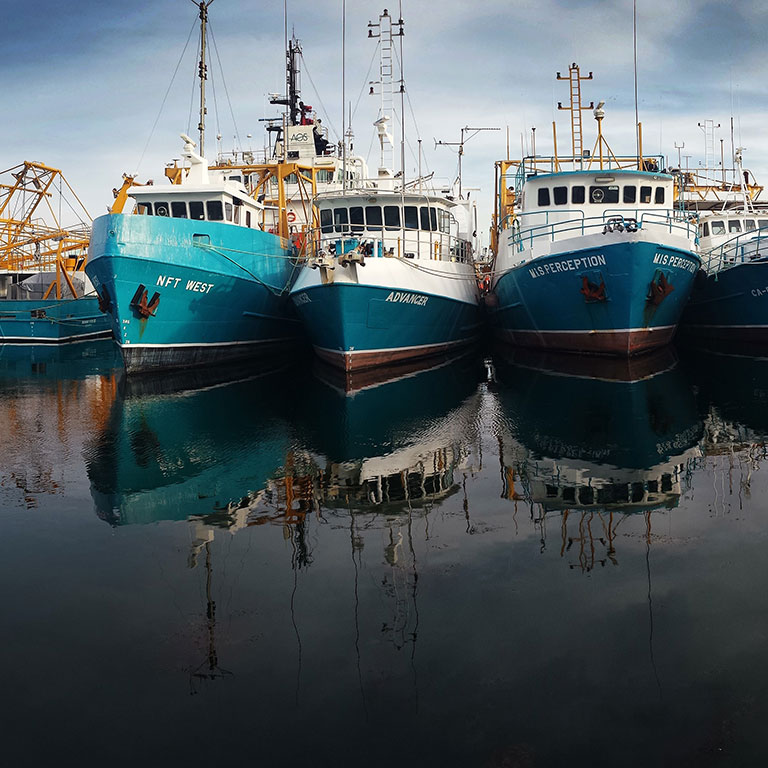AMS led a Monitoring Design Review under the direction of an interagency Steering Committee to examine opportunities to improve the design of five existing biological monitoring surveys in the San Francisco Bay-Delta to address current management needs.
The California Department of Fish and Wildlife’s (CDFW) Bay-Delta Stockton Office has been conducting a series of biological monitoring surveys in collaboration with the U.S. Bureau of Reclamation (USBR) and the California Department of Water Resources (DWR) to meet permit obligations to the State Water Board and USFWS-NMFS biological opinions for Delta Smelt and salmonids, and for incidental take permits issued by CDFW for operation of Central Valley Project (CVP) and State Water Project (SWP).
AMS was under contract to ICF through funding provided by the USBR, as the principal investigator on an evaluation and analysis of five biological monitoring surveys. The program review was conducted to assess whether the study designs are optimized to provide data and analyses that support management decisions, improve understanding of ecosystem change, and support management actions intended to obtain a reasonable balance between fish and wildlife, water supply, and power generation in compliance with applicable laws.
AMS was the lead contributor to the Biological Monitoring Survey Design Review. Qualitative and quantitative analyses were conducted to optimize the data collection efforts. Changes to sampling efforts were proposed that would provide flexibility to incorporate improvements in sampling of key habitats for fish presence, fish distribution, abundance and survival, and to assess the long-term status and trends of the ecosystem and recruitment patterns for fish and zooplankton assemblages of the Bay-Delta by region, across seasons, and over years. A primary emphasis of the evaluation was to ensure monitoring designs are logistically feasible, ensure comparability with the information generated from historical long-term data sets, evaluate species and habitat responses, and provide data to support improvements to existing life cycle modeling efforts and development of additional predictive modeling tools.
AMS was responsible for agency coordination of the monitoring design review, sampling design, and overall direction of the design review. An open-source, public repository was used to store the underlying datasets, R code, and outputs used for decision-making. As a result of this effort, CDFW have undertaken new special studies and continue to implement redesign of their monitoring studies.

AMS Contact:
Aroon Melwani currently serves as the technical facilitator for redesign efforts to implement the results of the Biological Monitoring Design Review. Aroon has over 20 years’ experience supporting regulatory and resource management agencies in quantitative monitoring design and assessment.


